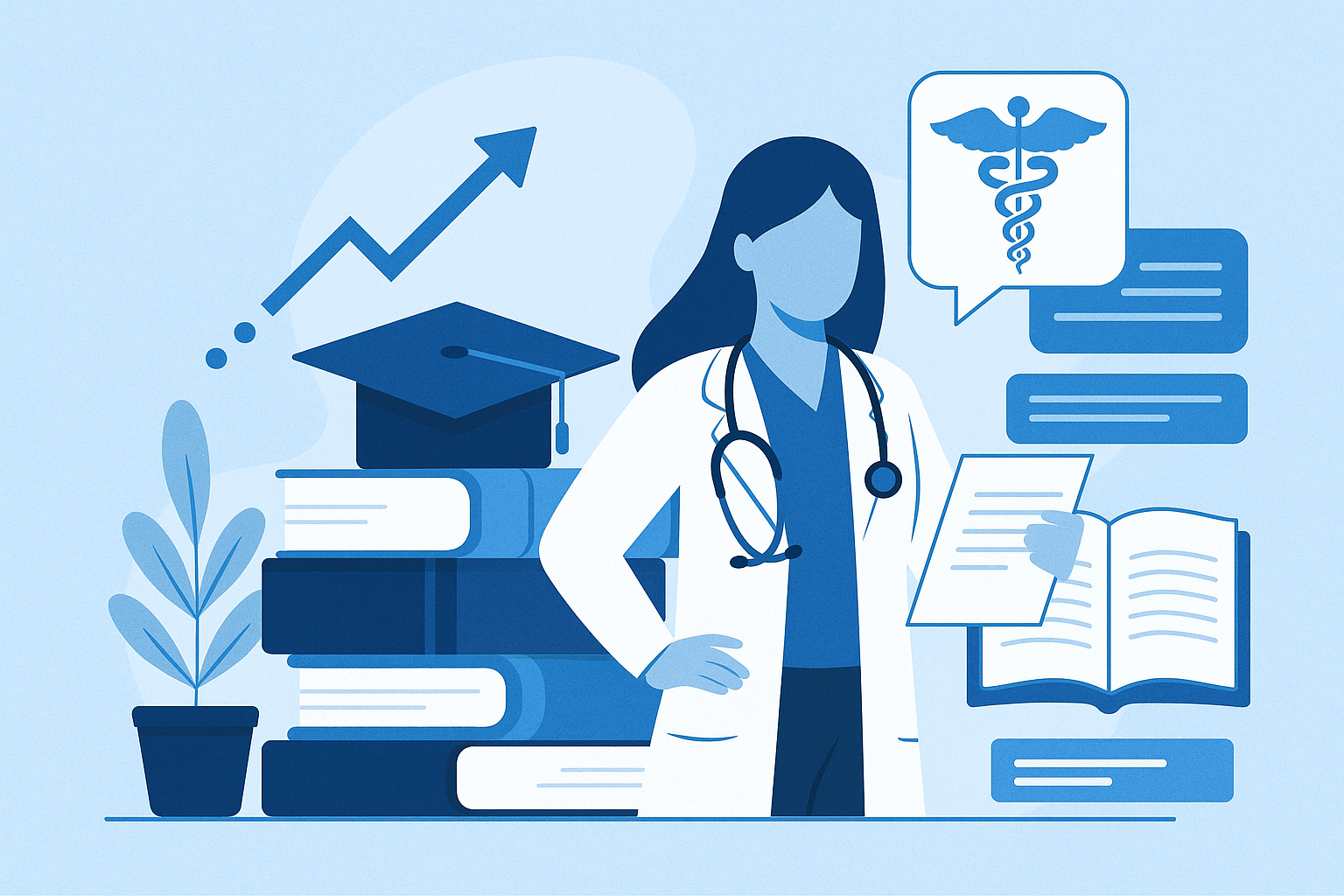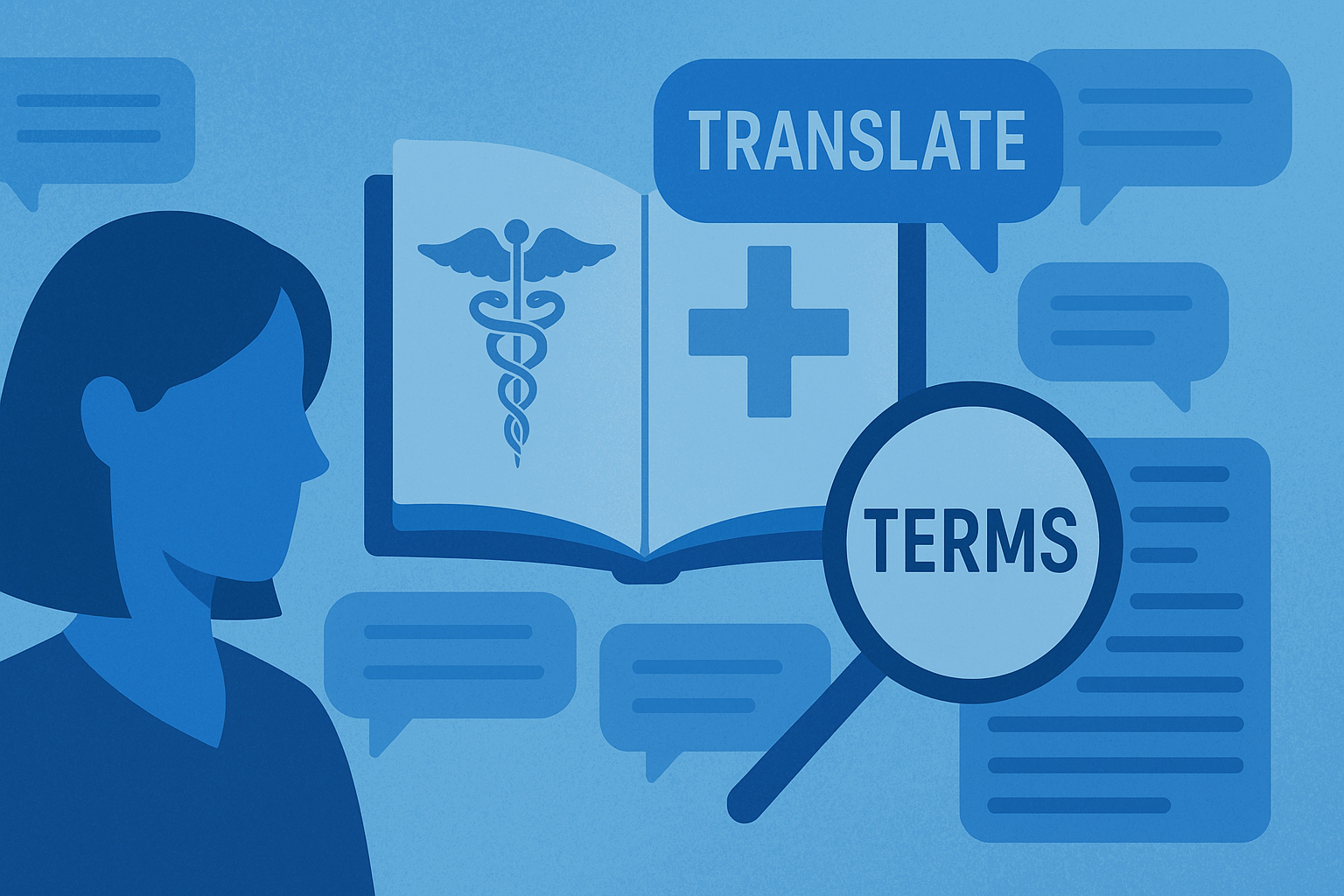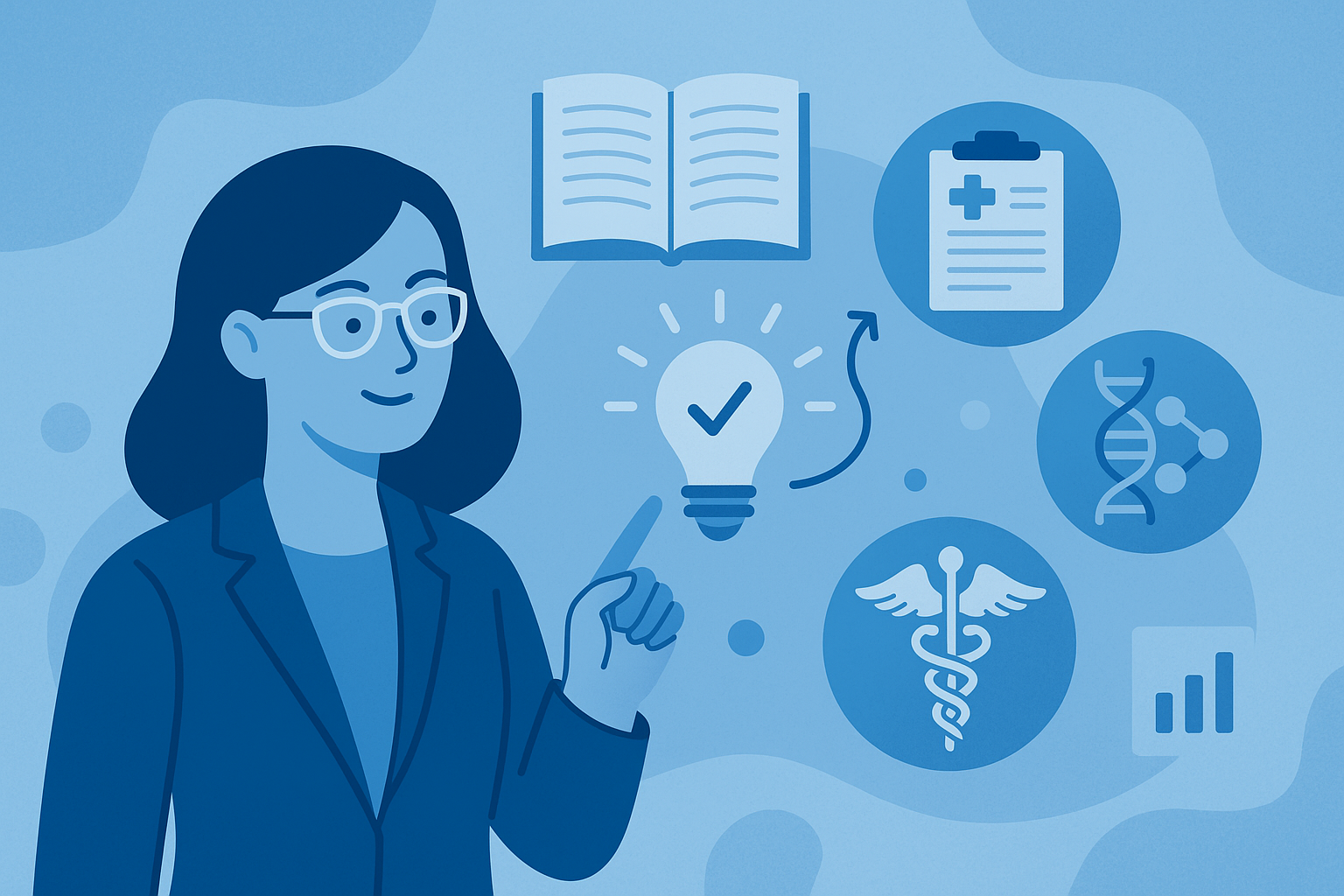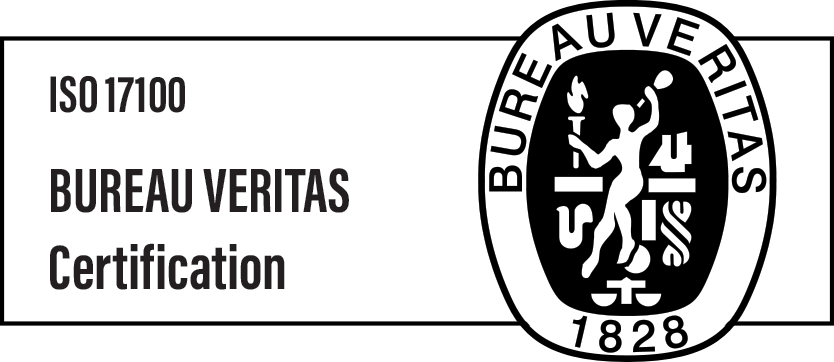5 things every beginner should know before entering medical translation

A new path into medical translation
The field of medical translation is growing fast. Healthcare companies, research centers, and language service providers need accurate communication more than ever. For those entering this field, beginner medical translation can seem both exciting and intimidating. It’s not just about knowing two languages. It’s about understanding science, accuracy, and responsibility.
Every translated word can affect real lives — from clinical trial results to patient instructions. That’s why beginners need more than language skills to succeed. This article explains what every newcomer should know before stepping into this specialized area. It will help you understand what makes medical translation unique, why expertise matters, and how you can start building a solid foundation in this rewarding profession.
1. Medical translation is more than just words
Medical translation goes beyond word-for-word conversion. It’s about conveying complex scientific ideas clearly and safely. A small mistake can change the meaning of a diagnosis, a dosage, or a medical device instruction. That’s why accuracy is not optional — it’s essential.
For clients in the medical and pharmaceutical industries, this precision protects both patients and reputations. For translators, it’s the first lesson: language skills alone are not enough. You must understand the content you’re translating. That includes anatomy, treatment processes, and medical terminology.
LSP professionals know that quality depends on context. A skilled translator can recognize when a term should be literal and when it needs cultural adaptation. This awareness ensures every translation supports clear, reliable healthcare communication — the foundation of trust between doctors, patients, and medical organizations.

Medical translation is more than just words
2. Building medical knowledge creates strong translators
A beginner in medical translation must be curious about science. You don’t need a medical degree, but you do need to understand how the human body works and how medical treatments are described. Translators often deal with complex materials — from clinical studies and lab reports to patient consent forms. Without background knowledge, it’s easy to miss details or misunderstand key terms.
Investing time in learning medical basics pays off. Many translators take short courses in biology, pharmacology, or healthcare terminology. LSPs also offer training programs that combine language practice with subject learning. This blend of skills helps translators produce accurate and meaningful work.
For healthcare educators or companies hiring translators, this knowledge is a quality marker. A linguist who understands the science behind the text can deliver translations that are not just correct but truly useful — helping medical information travel safely across languages.
3. Consistency starts with terminology management
In medical translation, consistency is everything. The same term can appear hundreds of times across documents. If it’s translated differently each time, the meaning and trust are lost. That’s why terminology management is one of the first skills beginners must learn.
Professional translators and LSPs use terminology databases and CAT tools (computer-assisted translation) to ensure uniformity. These tools help track terms, maintain approved glossaries, and follow client-specific preferences. For example, a single drug name might have different spellings or abbreviations depending on the market. A translator needs to know which one applies.
For clients, this consistency means safety and reliability. For translators, it means efficiency and accuracy. Building personal glossaries early in your career helps prevent errors and speeds up future projects. Managing terminology well is not only about words — it’s about building trust with every translation delivered.

Consistency starts with terminology management
4. Ethics and regulations shape the profession
Every beginner in medical translation must understand one simple truth: this work carries ethical and legal responsibilities. Medical content often involves patient data, test results, and proprietary research. Translators must handle this information with absolute confidentiality.
Understanding international regulations is also essential. Translators often work with documents reviewed by agencies like the FDA or EMA. Each has strict formatting and terminology standards. Missing a requirement can lead to delays in approvals or even legal complications.
For LSP professionals and healthcare clients, compliance is a measure of quality. It shows that translations are not only linguistically correct but also meet global safety and documentation standards. Ethical practice and regulatory awareness turn good translators into trusted partners — the kind every medical organization values.
5. Lifelong learning keeps you competitive
Medicine changes every day. New treatments, new devices, and new discoveries appear constantly. A successful translator stays updated and curious. Lifelong learning is part of the job.
Beginners can grow by attending workshops, taking medical translation courses, or joining professional associations. Reading medical journals and following industry news also helps maintain up-to-date terminology. LSPs often provide ongoing training for their teams to ensure they stay aligned with current standards.
For clients, this commitment means receiving translations that reflect the latest scientific knowledge. For translators, it’s a way to build confidence and stand out in a competitive market. In medical translation, growth never stops — and that’s what keeps the field both challenging and inspiring.

Lifelong learning keeps you competitive
Turning knowledge into impact
Starting a career in medical translation is more than learning to translate medical words. It’s about combining language mastery with scientific understanding, ethics, and precision.
For LSPs and healthcare organizations, partnering with skilled translators ensures patient safety and clear communication across borders. For aspiring professionals, this field offers purpose — every project contributes to better care, better research, and better lives.
Beginner medical translation is where language meets knowledge, and knowledge saves lives. With the right training, curiosity, and professionalism, every new translator can grow into a trusted expert in this vital industry.

Turning knowledge into impact

